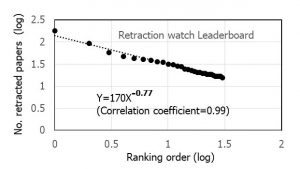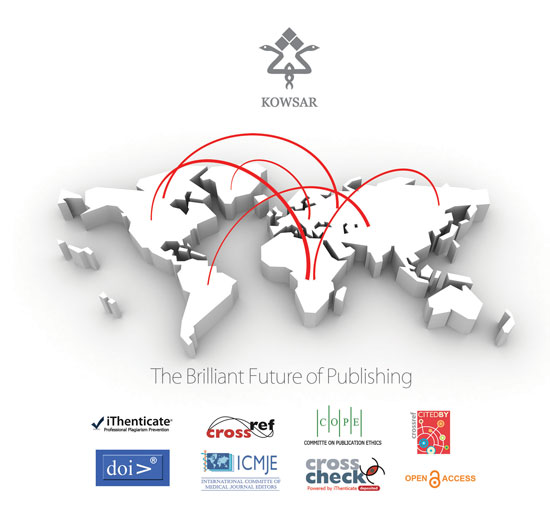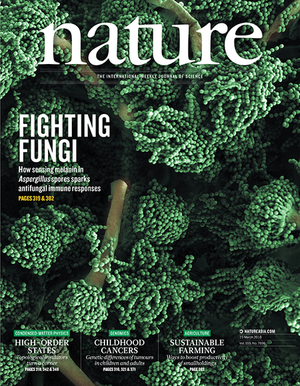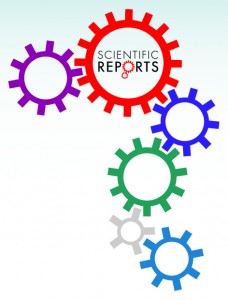
When someone has to retract a paper for misconduct, what are the odds they will do it again? And how can we use that information to stop repeat offenders? Those are the questions that Toshio Kuroki of the Japan Society for the Promotion of Science and Akira Ukawa of RIKEN set out to tackle in their new paper, appearing in Accountability in Research. Not surprisingly, they found that people with multiple retractions are more likely than others to have another — and when people have at least five retractions, the odds are significantly higher.
Retraction Watch: Why did you decide to examine the chances of researchers retracting additional papers?
Continue reading How often do scientists who commit misconduct do it again?
 Here’s something we haven’t seen before: The U.S. Office of Research Integrity has issued a second notice for a former
Here’s something we haven’t seen before: The U.S. Office of Research Integrity has issued a second notice for a former 

 Since the U.S. government launched a database of freely available journal articles in 2000, it has deselected roughly only 30 titles over concerns about journal quality. Fourteen of those titles were removed last August, all associated with one publisher —
Since the U.S. government launched a database of freely available journal articles in 2000, it has deselected roughly only 30 titles over concerns about journal quality. Fourteen of those titles were removed last August, all associated with one publisher —  Nature Methods has retracted a
Nature Methods has retracted a 

 How much role did a potentially problematic paper play in the demise of a once-promising compound?
How much role did a potentially problematic paper play in the demise of a once-promising compound? Following a massive editorial protest,
Following a massive editorial protest,